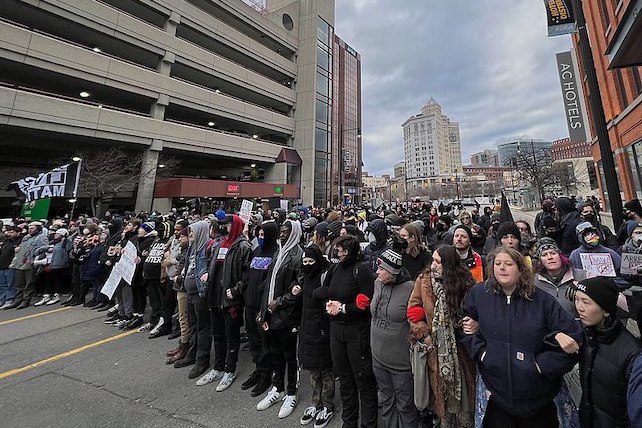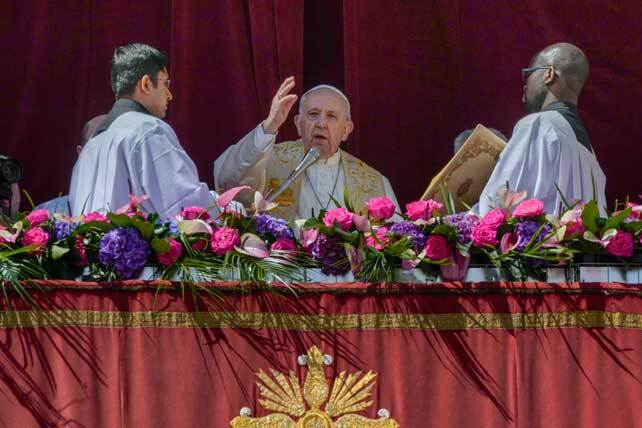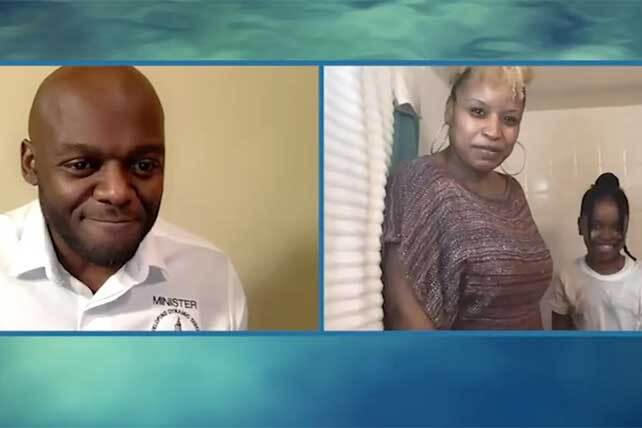After almost a year in the spotlight, Hillsong Boston co-pastors Josh and Leona Kimes are departing the global megachurch. “While it’s never been in our plans to leave Hillsong,” Josh Kimes wrote Monday on social media, “we’ve made the difficult decision to resign as we know God is directing our steps to walk confidently and humbly into the unknown and trust Him to open the right door and plant us somewhere new.”
The couple, who helped build the now-embattled Hillsong New York City, say they appreciate prayers as they “carefully consider what’s next.” Josh Kimes also apologizes if he ever hurt anyone as a leader, and he praises his wife’s bravery and resilience.
Hillsong Boston Pastor Josh Kimes Commends Courage of Wife, Leona
Last spring, Leona Kimes accused former Hillsong NYC pastor Carl Lentz of sexual abuse, saying the misconduct occurred during the seven years she served as the family’s nanny. Lentz, who was fired for moral failures in November 2020, denies the allegations. But last week, a leaked report of an independent investigation revealed rampant abuse by Lentz, partly attributed to a “lack of oversight.”
Kimes described feeling “trapped and silenced” by Lentz’s unwanted sexual advances. Investigators said the power imbalance between the two made it “unlikely that Leona was capable of achieving the distance necessary to exercise true choice.” The report mentions that Laura Lentz punched Leona Kimes in the face after catching Carl and Leona together. A rep for Carl and Laura Lentz has labeled various claims “libelous” and “rooted in lies and misinformation.”
In Monday’s resignation post, Josh Kimes describes Leona as “kind, confident & courageous,” adding, “She’s the bravest woman I know.” He continues: “What it takes for anyone to speak up against any form of abuse is painful, lonely & costly & comes at a price I wouldn’t wish on anyone, especially when it’s public.” Josh commends his wife for choosing “love, humility, resilience & personal growth” over “hate & bitterness toward those who’ve abused, hurt, judged, lied [and] tried to shame & silence her.”
Departing Pastors Still Love ‘Broken but Beautiful’ Hillsong
While at Hillsong Boston, Josh Kimes faced allegations of overworking staff members and volunteers. Two years ago, former volunteer Tiffany Perez said she received just $150 per week to babysit, dog-sit, and clean for the family.
In his lengthy post, Josh Kimes writes, “I’m deeply sorry that many have been hurt a long [sic] the way. I apologize for any part my leadership has played in that hurt by perpetuating a culture that at times valued the building of the church at the expense of those building it.”
























